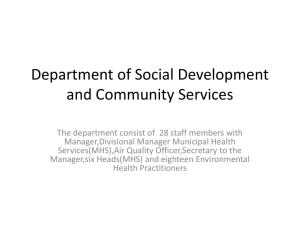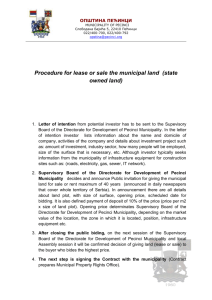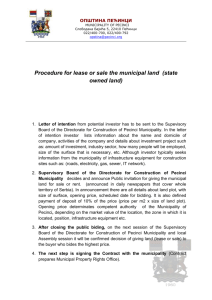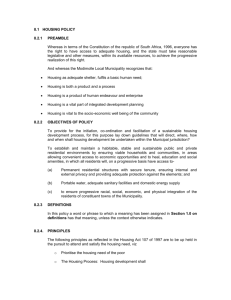Employee_Code_of_Conduct_-_2015-112
advertisement
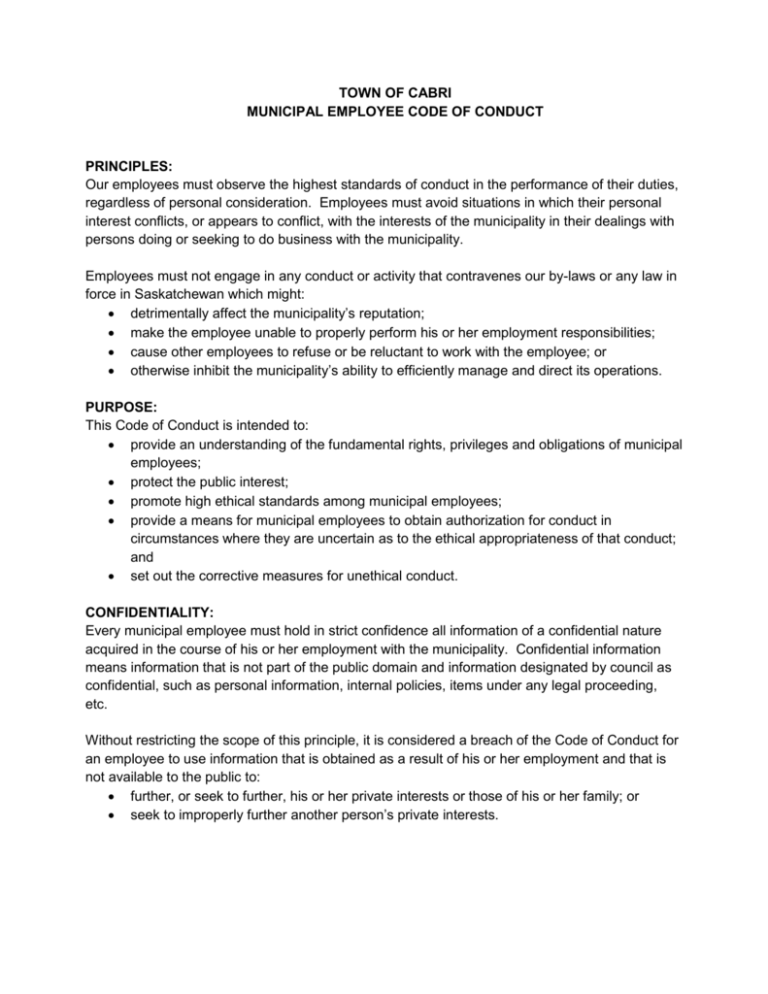
TOWN OF CABRI MUNICIPAL EMPLOYEE CODE OF CONDUCT PRINCIPLES: Our employees must observe the highest standards of conduct in the performance of their duties, regardless of personal consideration. Employees must avoid situations in which their personal interest conflicts, or appears to conflict, with the interests of the municipality in their dealings with persons doing or seeking to do business with the municipality. Employees must not engage in any conduct or activity that contravenes our by-laws or any law in force in Saskatchewan which might: detrimentally affect the municipality’s reputation; make the employee unable to properly perform his or her employment responsibilities; cause other employees to refuse or be reluctant to work with the employee; or otherwise inhibit the municipality’s ability to efficiently manage and direct its operations. PURPOSE: This Code of Conduct is intended to: provide an understanding of the fundamental rights, privileges and obligations of municipal employees; protect the public interest; promote high ethical standards among municipal employees; provide a means for municipal employees to obtain authorization for conduct in circumstances where they are uncertain as to the ethical appropriateness of that conduct; and set out the corrective measures for unethical conduct. CONFIDENTIALITY: Every municipal employee must hold in strict confidence all information of a confidential nature acquired in the course of his or her employment with the municipality. Confidential information means information that is not part of the public domain and information designated by council as confidential, such as personal information, internal policies, items under any legal proceeding, etc. Without restricting the scope of this principle, it is considered a breach of the Code of Conduct for an employee to use information that is obtained as a result of his or her employment and that is not available to the public to: further, or seek to further, his or her private interests or those of his or her family; or seek to improperly further another person’s private interests. USE OF INFLUENCE: The municipality strives to ensure fairness and objectivity in its decision-making process. Without restricting the scope of this principle, it is considered a breach of the Code of Conduct for an employee to use his or her position to seek to influence a decision of another person so as to: further, or seek to further, his or her private interests or those of his or her family; or seek to improperly further another person’s private interests. PROCEDURES: Employees are expected to comply with the Code of Conduct. Employees have a responsibility to request an interpretation of the Code from the municipality’s senior administrative official (the Administrator) if they are unsure whether their behavior, circumstances, or interests contravene the Code. Where an employee suspects that he or she is, or may potentially be, in conflict with any of the provisions of the Code, the employee must disclose the conflict or potential conflict in writing, to: his or her direct supervisor, in the case of any employee; or o the supervisor must immediately advise the Administrator. council or the Personnel Committee in the case of the Administrator. The disclosure should include a detailed description of the conflict or potential conflict. Where a disclosure is made, the matter will be treated seriously and in confidence. The supervisor must review the disclosure within five (5) business days, from the date the disclosure is made, and determine an appropriate course of action to address the actual or potential conflict. Where a disclosure of a conflict or potential conflict is failed to be disclosed, the Town of Cabri Council shall take one or more of the following actions: disciplinary letter, copy to be placed in the employee’s file; employee training (ethics); short-term suspension; long-term suspension; or termination. Employees are expected to comply with the Personnel Policy adopted in November 2014 in addition to this Employee Code of Conduct Policy.
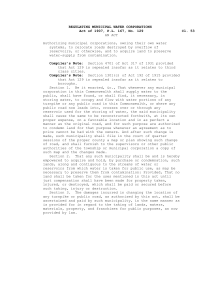


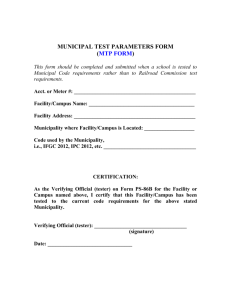
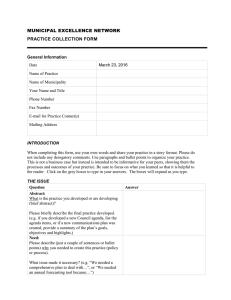
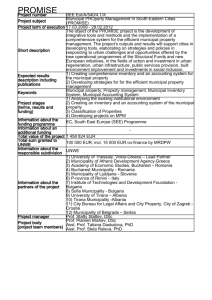
![PW Heavy Equipment Operator [Read More]](http://s3.studylib.net/store/data/006999445_1-8417856b741c62f00336b7e979d86f7e-300x300.png)
